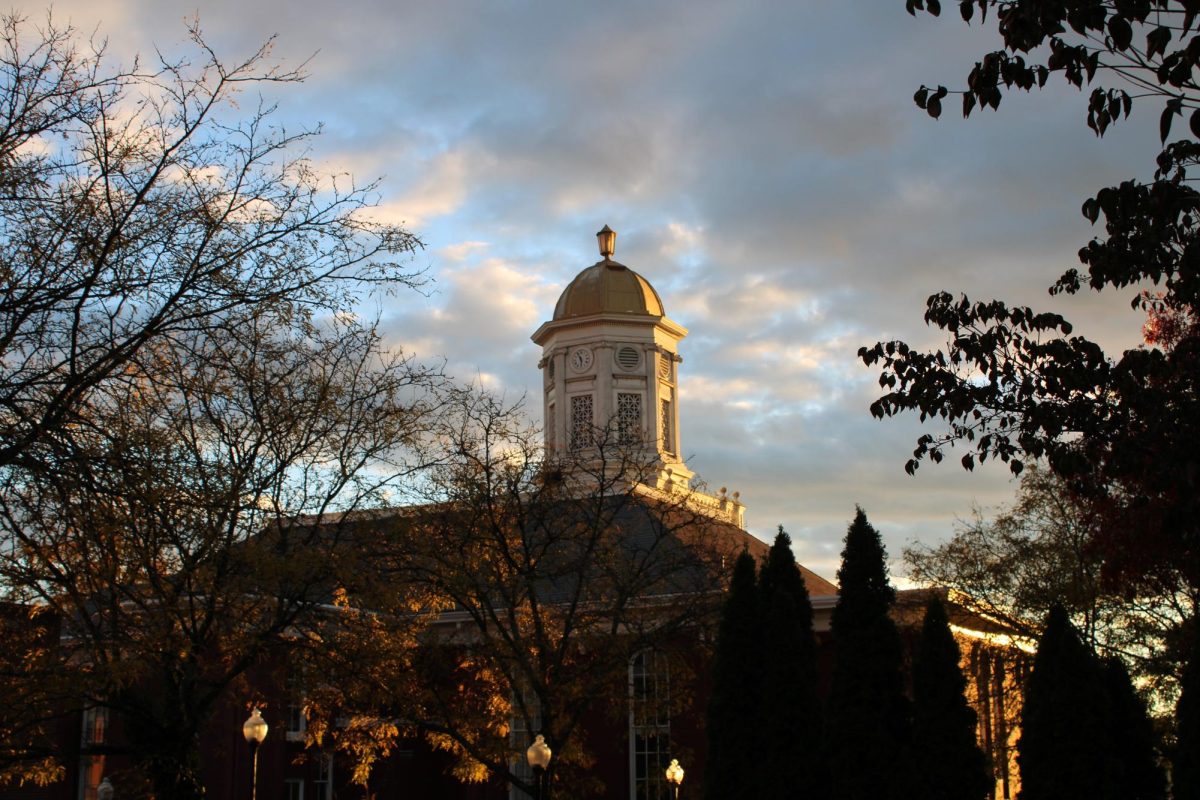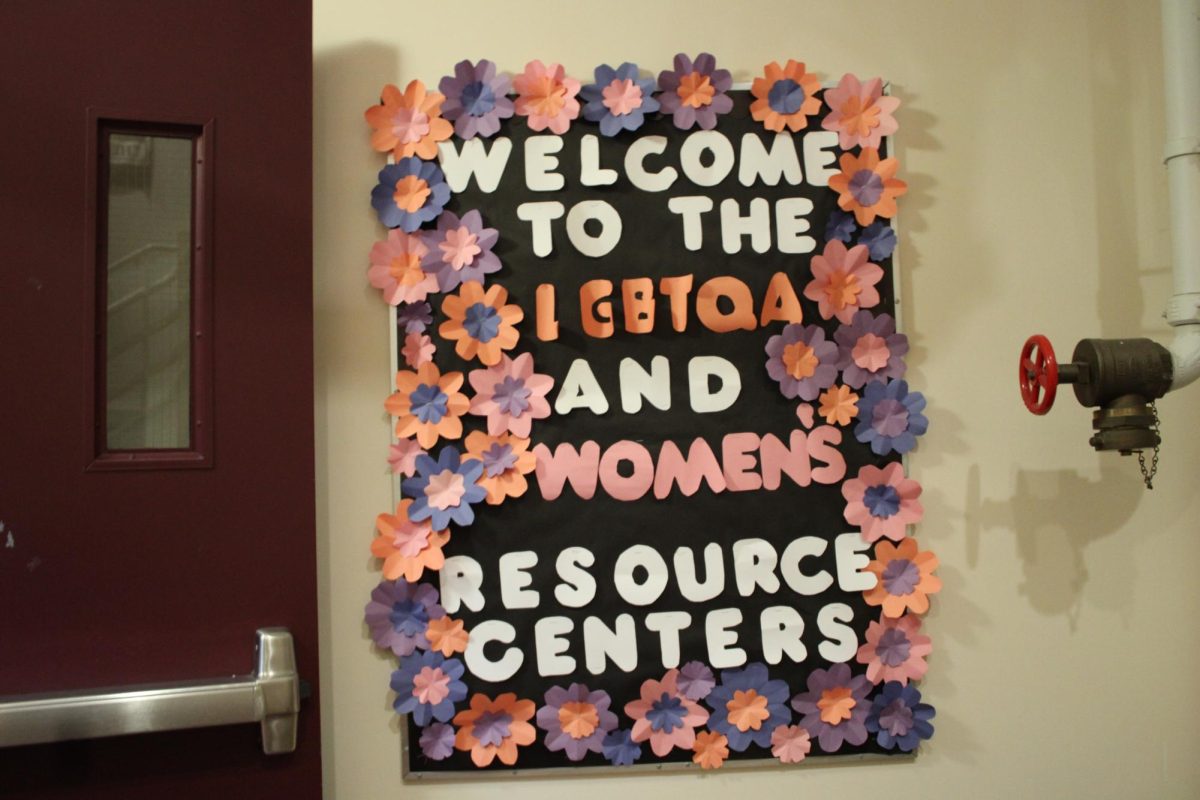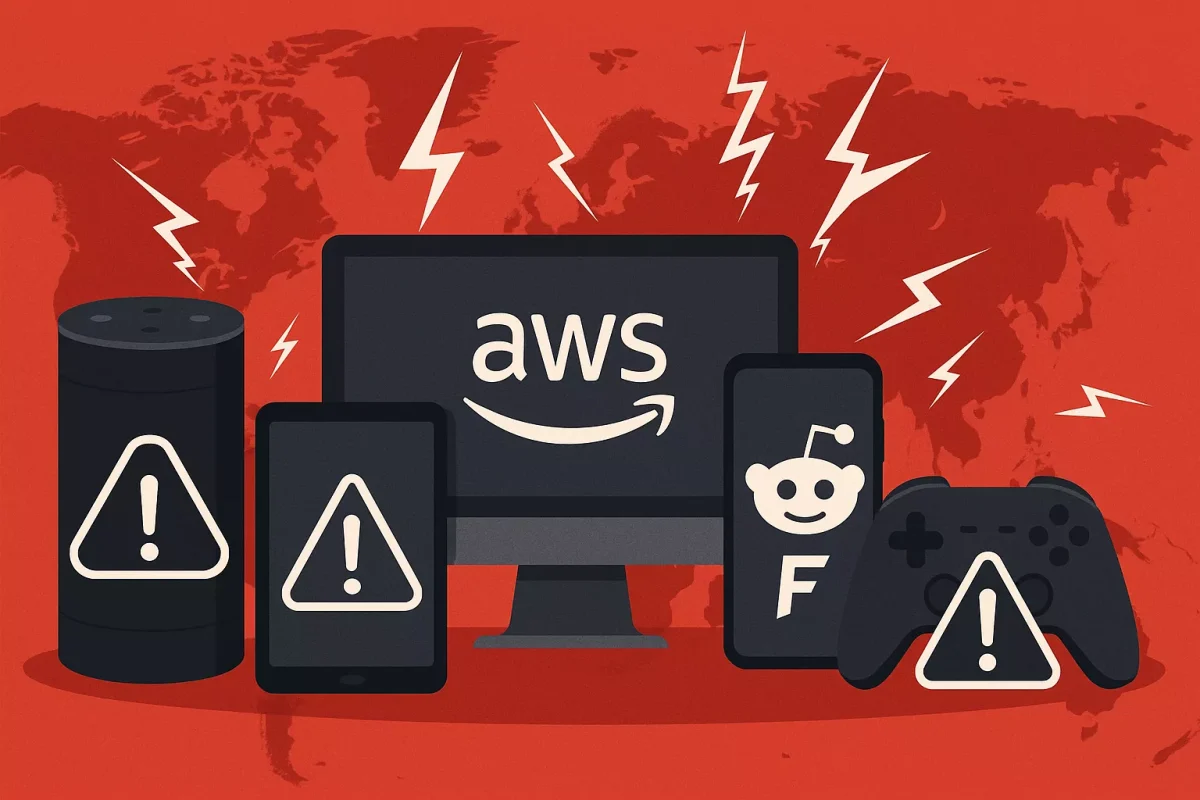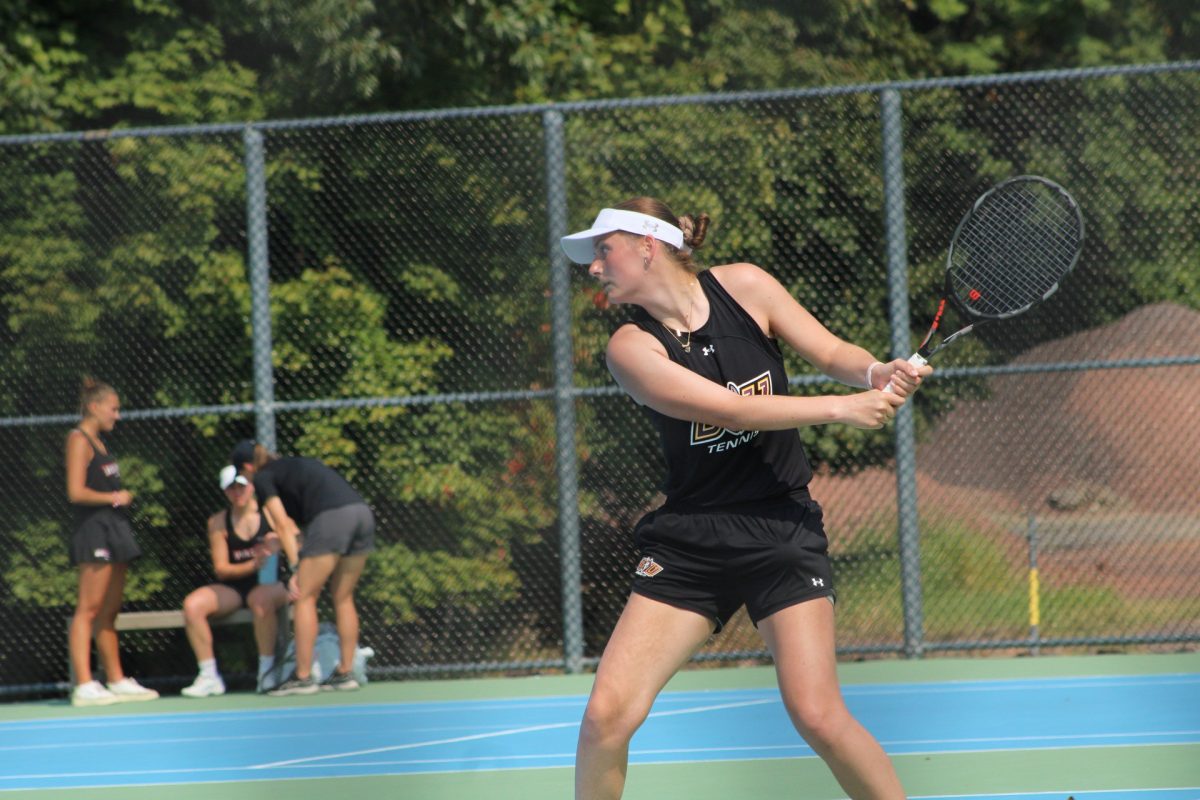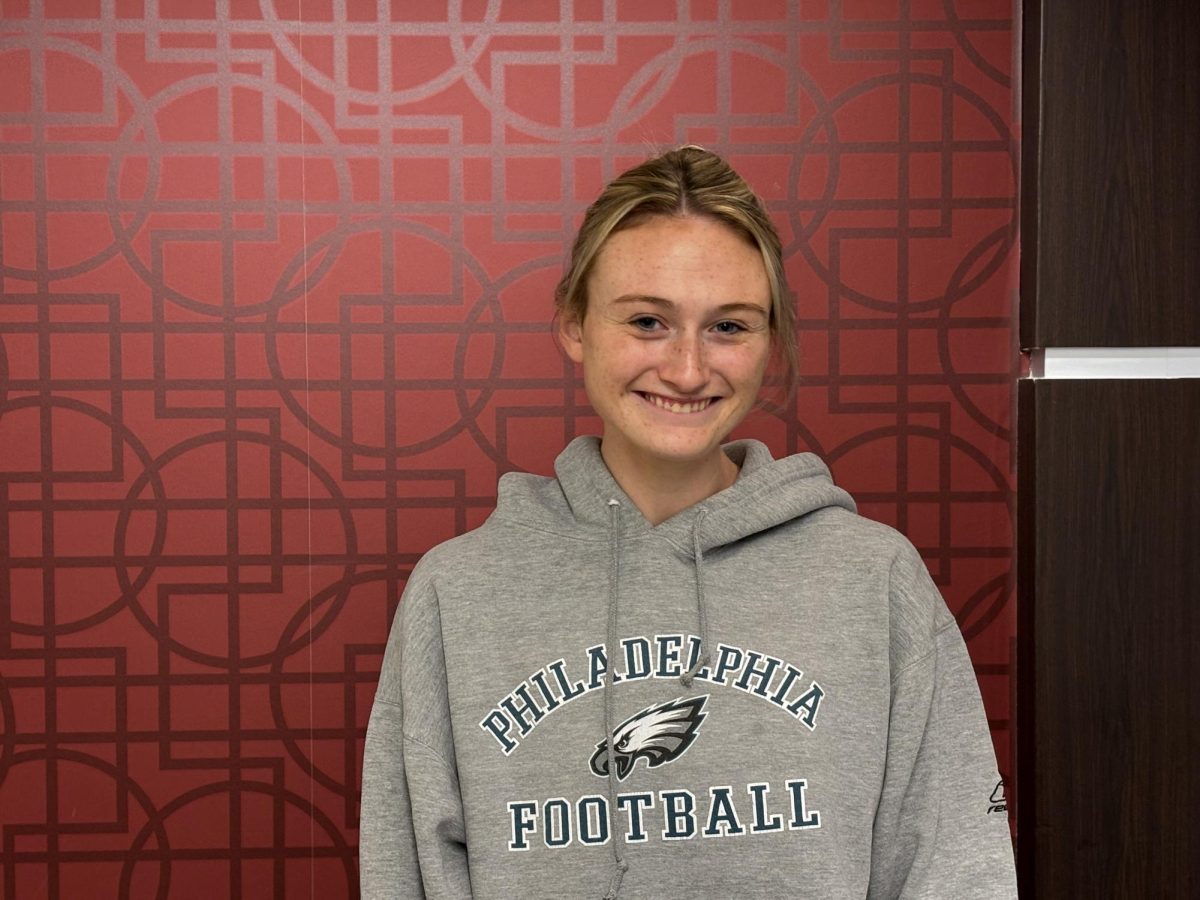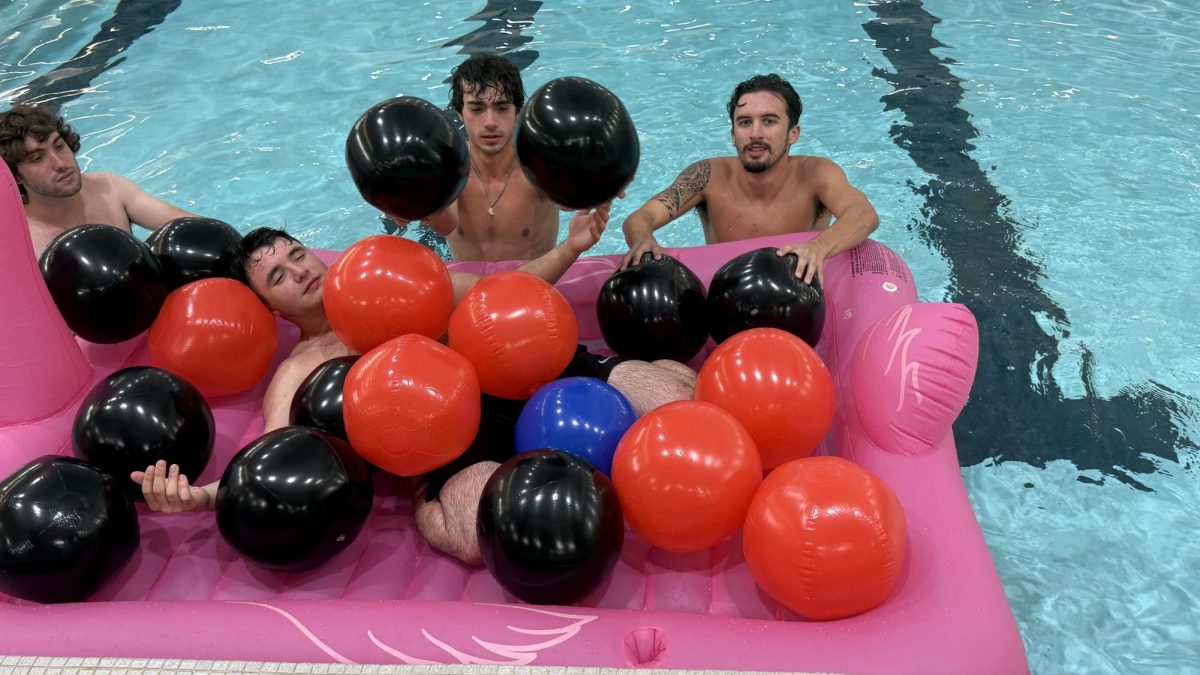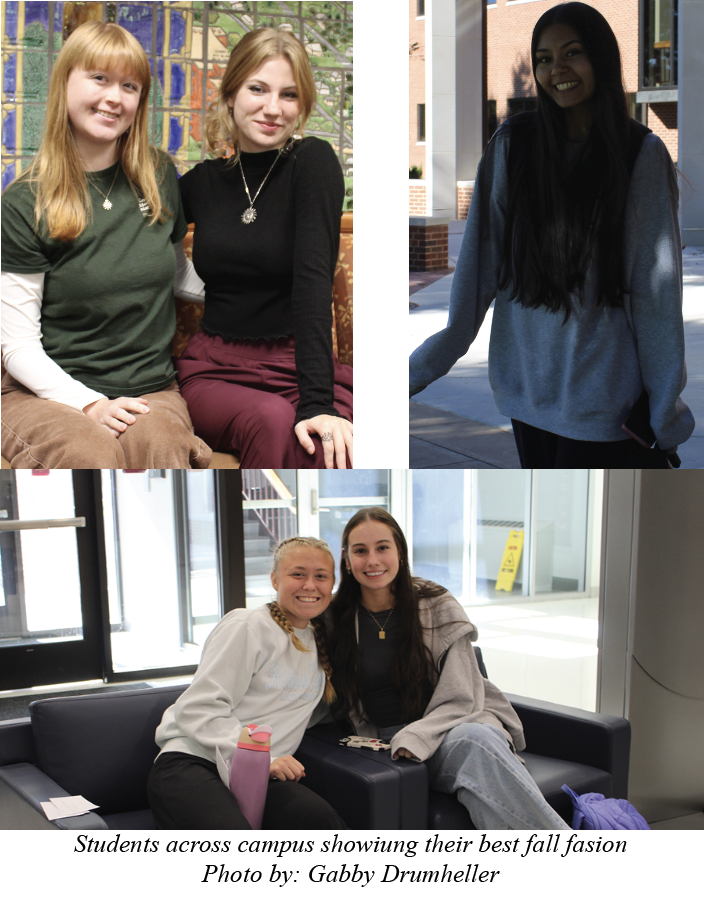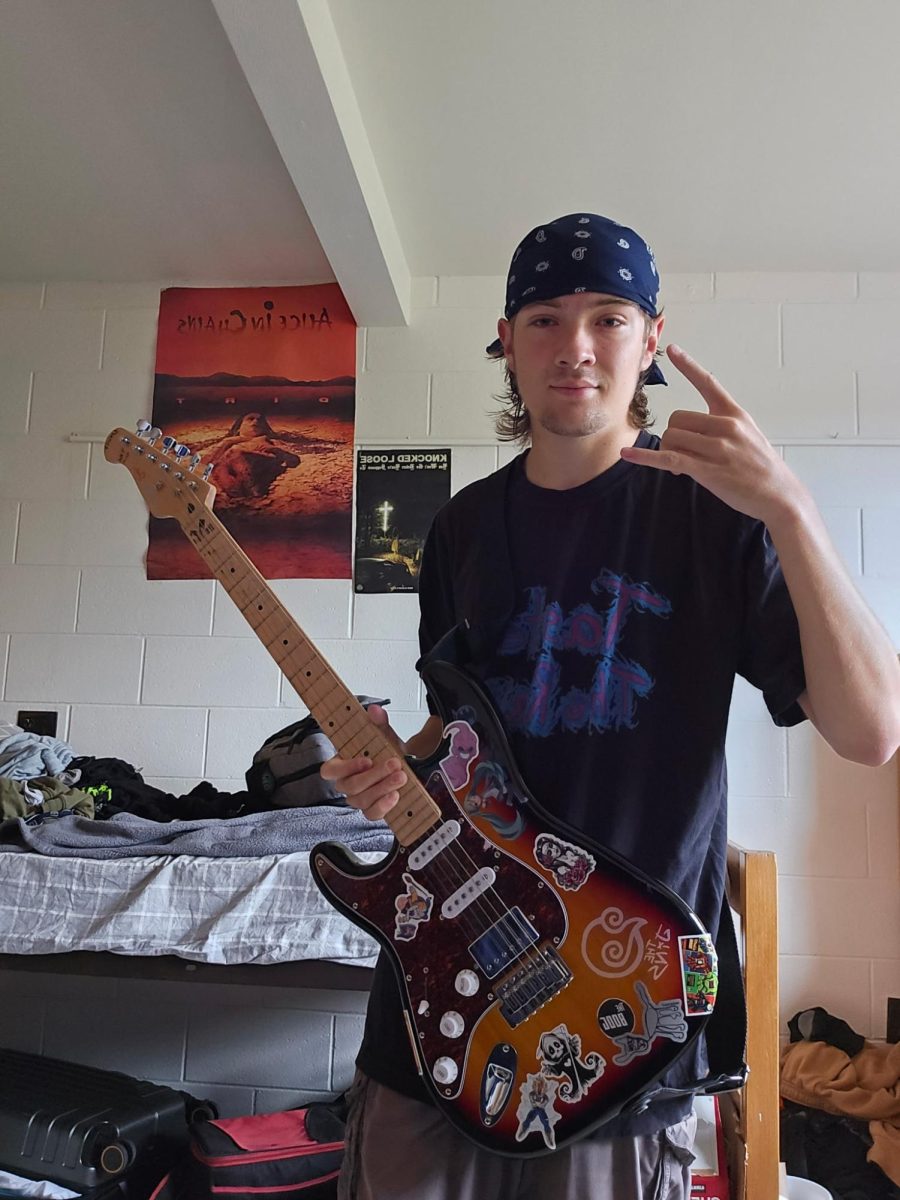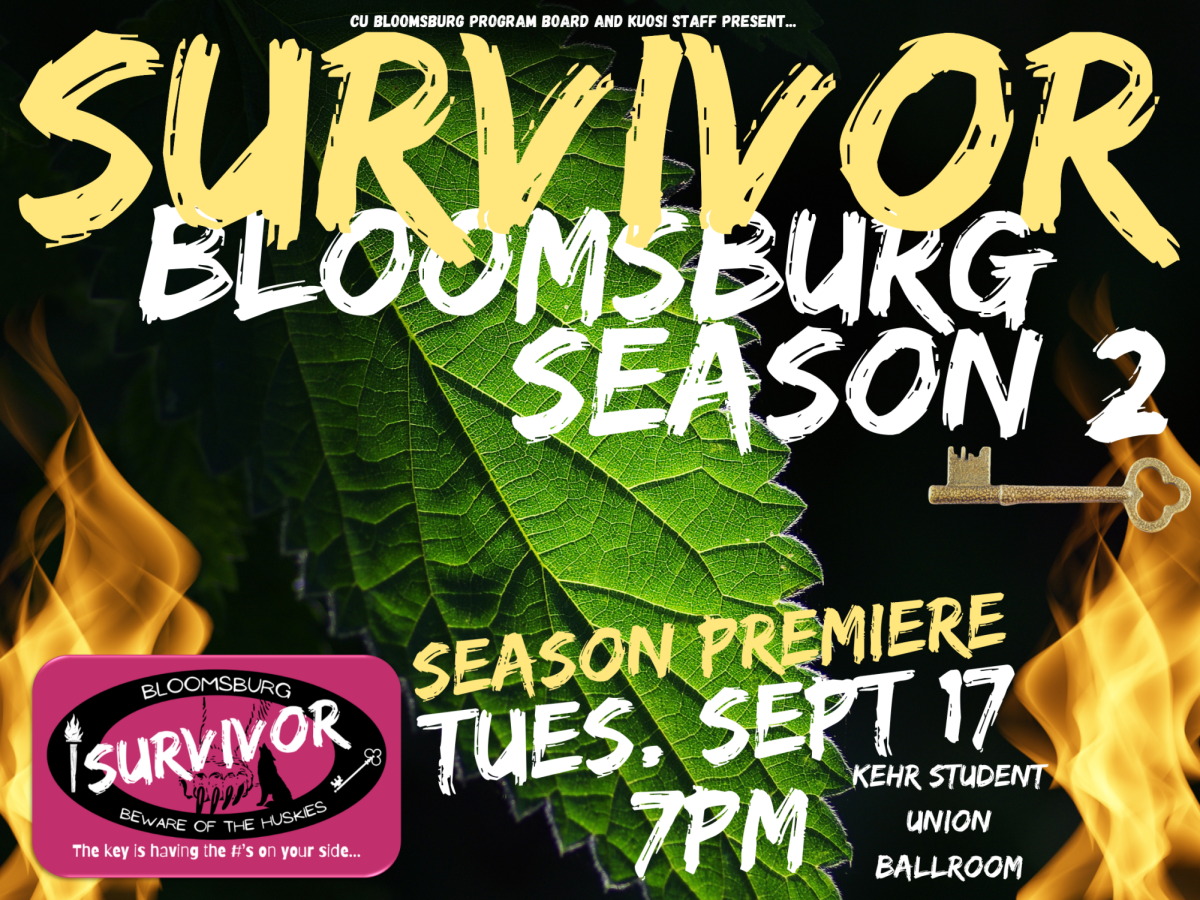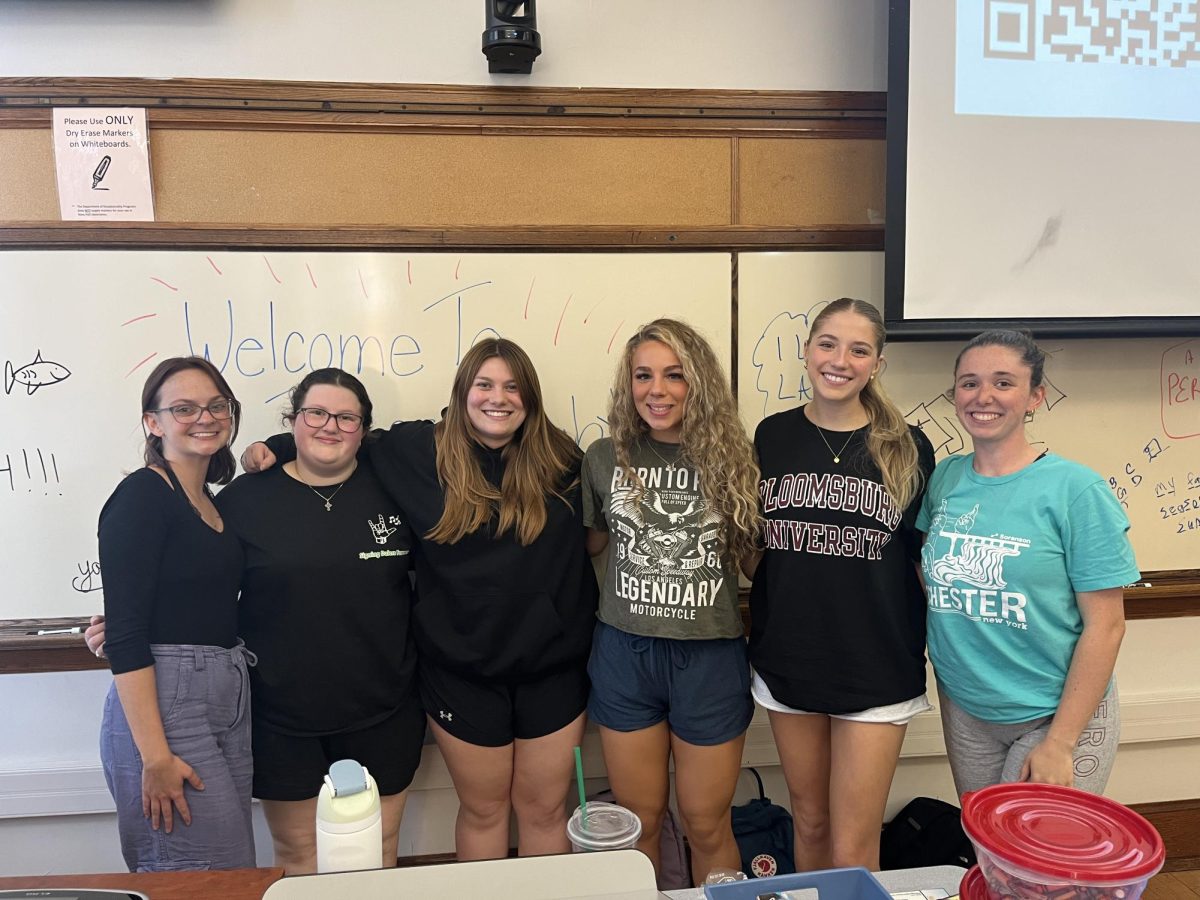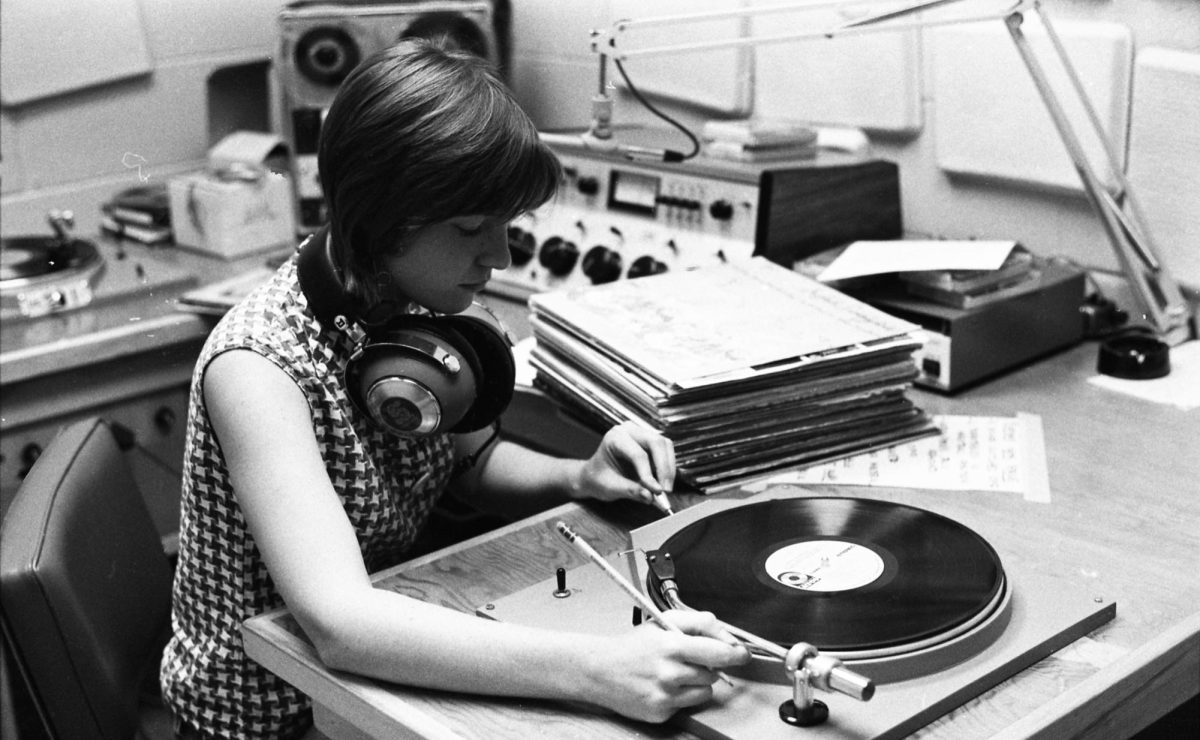The Fredrick Douglass debate society went to the fourth annual state competition that was held in West Chester University last weekend. Students Amanda Weaver and Tanisha Webster beat nineteen other teams and won first place in the competition.
“The Fredrick Douglass debate society is a part of the Fredrick Douglass initiative and its essential goal is to incorporate minority diversity perspectives and we’re teaching the skills of debate,” said Robert Green, communication studies professor and debate coach. “The goal is to teach skills that are translatable from the classroom to the public.”
Every year students participating in the competition are given a different topic to tackle. Teams are expected to take both sides of the argument and make a good case for their reasonings. This year’s topic was “why or why not confederate monuments should be removed from public spaces.”
“We’ve been working on this for a while now for a couple months at least,” said Weaver. “The first thing we do is look at what the resolution says, and we figure out what things we need to define so that we can have the best understanding of it.
Then we say okay this is what the affirmative is, and this is what the negative is and we pick what we feel like we can relate to more. Then we do the research on that specific side but we also all work as a team and we help each other find different sources. We do a bunch of research together and meet every week. We talk about the different sources we find and different ways we can go about our arguments.”
“One of the most important aspects of the process is learning how to discuss both sides of the issues. At the tournament we won debates arguing that they ought to be removed and then we won debates that they should stay,” said Green. The point is that we’re trying to build advocacy skills through the research process so that we can really try to understand how people who think differently than we do and why their perspectives can be valuable, and we can learn from them. There’s the competitive process and the growth process and I think it’s important to practice that.”
Coaches Shavonne Shorter, Robert Green and Eric Miller helped the students prepare for the tournament by being their “motivators.”
“For me and Amanda they were [the coaches] the people who helped us forming and brainstorming ideas but also playing double advocate and challenging our ideas so that we could try to see things from a different perspective,” said Webster. “They also were the motivators who just encouraged us to keep going on.”
After three years of hard work, winning the competition meant a lot for both Weaver and Webster. Although it was stressful, they enjoyed the entire experience.
“It feels really good especially coming from me and Amanda’s past. Two years ago we were 3-1 now we’re 6-0 so we made a lot of growth together. It feels good that our hard work paid off and it was a good time,” said Webster.
Webster talked about how joining debate helped her grow as a student and enhanced her public speaking skills. “Debate definitely brought me out of my shell. It allowed me to speak at conferences and do secondary and primary research. It challenged me to think on a different level,” said Webster.
“They are fantastic, they are the definition of hard work. They’ve always had a goal in mind to win. This year they really ran with their research. They started meeting twice a week. They started meeting on the weekends making sure they had solid speeches,” said Shorter. Shorter explained how Tanisha’s opening speech in the affirmative side was amazing and blew her away. “She took everything we try to teach in public speaking and put it all together. She had it all.”
Although both students are graduating in May they encourage students who are interested in debate to join the team next year. The tournament was a success for Bloomsburg University and coaches were amazed with their performance.“It was magnificent to watch them and watch all their hard work,” said Shorter.

